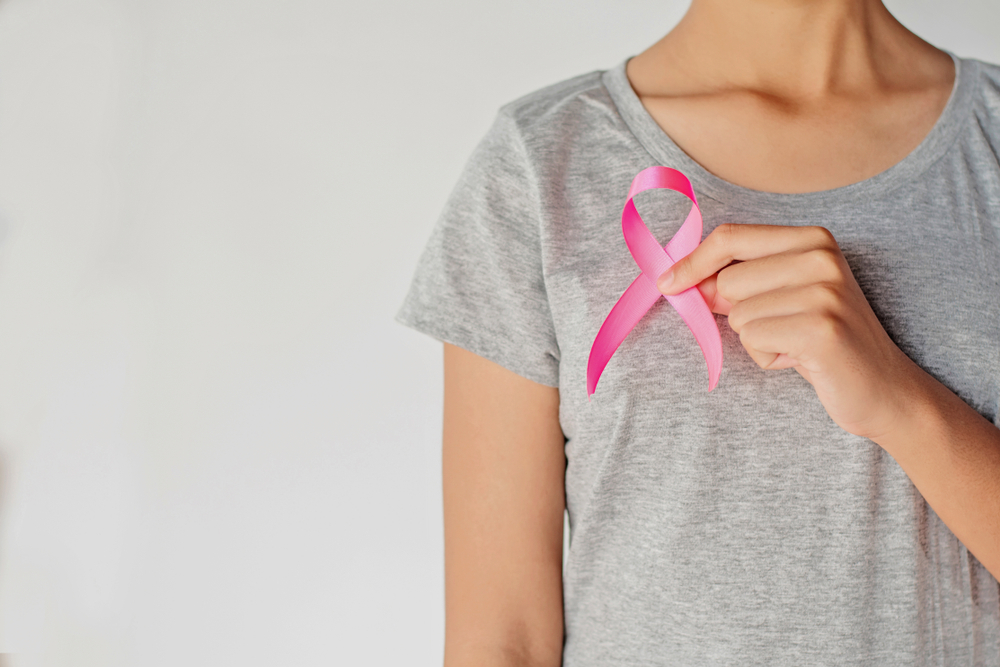Sedentary behaviour is a group of behaviours that happen whilst sitting or lying down that require low energy expenditure such as watching TV.
You can be sedentary even if you are physically active. For example, if you sit at a desk during the day and exercise in the evening.
Some research suggests sedentary behaviours are linked with increased risks of colon cancer, endometrial cancer, and lung cancer.
If you spend a lot of time lying or sitting down, try to get up and move regularly.










